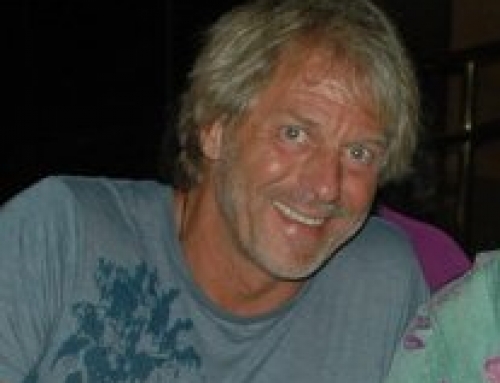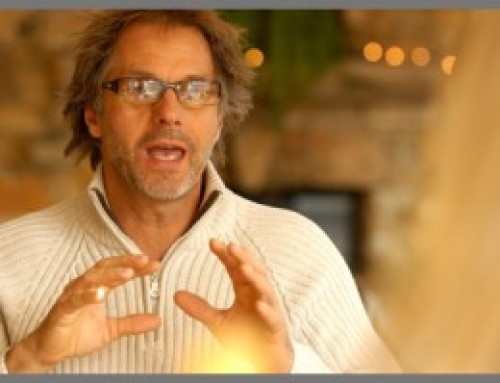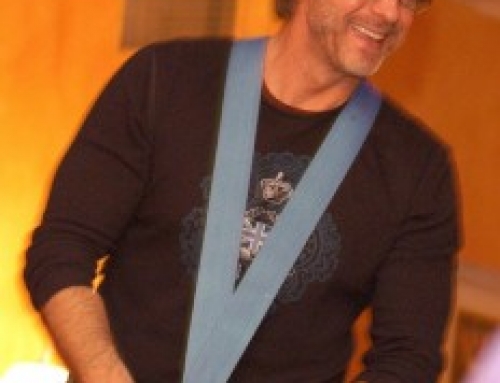Many of you know that I have done extensive training with Malidoma Somé and in my work with him have learned a lot about creating a space of fun and welcoming for the ancestors. When we do ritual, it’s usually in a very festive atmosphere. Good beverages, oftentimes a cigar, and always drumming!
I recently read an interview with Malidoma where he talks about spirituality and seriousness. Here is a small excerpt from the interview that I thought was very interesting, and definitely worth putting some thought into. Needless to say, these words of wisdom from Malidoma can come in handy in each of our lives!
Playful Spirits
 Interviewer: Some people make an assumption, often unconsciously, that any spiritual practice worthwhile needs to be serious and somber. Can you speak to the role of play and fun and spontaneity in ritual work?
Interviewer: Some people make an assumption, often unconsciously, that any spiritual practice worthwhile needs to be serious and somber. Can you speak to the role of play and fun and spontaneity in ritual work?
Malidoma: You must understand that the other world doesn’t know anything about seriousness. The issue at hand is that anytime I’ve had an encounter with the other world, and I mean that literally—we have little people in my culture that we call Kontomblé—every time you meet them, they’re playing around. They look like irresponsible people jumping around, finding you rather funny looking and serious. So it has led me to wonder: where do we inherit this solemn attitude, in fact, associated with the word “serious?” I tried to understand it by way of trying to find out whether there is an equivalent in Dagara of the word “serious”—there is none. There’s no word for “serious!” The closest word to it is literally translated as “red eye!” It’s funny! But this is as serious as it gets! Because “red eye” means you can’t close your eye, you’ve gotta keep it open, because you might miss out on something! So there is a direct connection between ritual and fun and also play. Where does it come from? We can see it in children whose world is all about play and the choreography of it. Why do we grow up and find this rather childish, as if childish is less important than solemn and serious? I really would try to do be more playful just to see whether in fact there is a greater chance of success than this seriousness.
The bottom line is the further away from the sacred a culture grows, the more serious and solemn they become. That simply suggests that the closer a community or a people get to the sacred, the more access to joy, playfulness, and a lot of laughter! So it’s up to us to choose. Modern culture seems to understand that. Even the corporate world understands that. That’s why they have such a time as “Happy Hour!” Every time, everyday between four and five is a happy hour where the drinks are cheaper, but it’s only between four and five. After that everybody’s back to seriousness—I’ve got a problem with that! The playfulness associated with work has been shrunk so much down to an artificial happy hour that you cannot even be playful or come close to happiness without the help of a couple of glasses of heavy duty liquors! That means the genies of laughter and happiness are becoming really thin, and we’re approaching the idea of laughter and joy from a serious deficit and that’s why we need the substitute of liquor in order to make that happen.
That being said, the fundamental piece is for us to look at ourselves from the perspective of the amount of joy that we’re willing to bring into our lives—how much of that is in there—and to raise the question that puts a balance between what we are able to achieve and the amount of joy that accompanies the initiative towards that achievement. Are our failures due to a rather pathologically seriousness given to life? Or are the things we fail to achieve associated with a deficit in joy due to too many repressions and repressed things within us that are blocking the channel of joy? These are pertinent questions that we should ask ourselves. We just can’t make a laconic statement saying, “Well there’s not enough joy; there’s not enough laughter; there’s not enough playfulness!” We have to associate that with our productivity, with our capacity to muster healing and transformation in our culture and see whether it is not the reason why we have an industry called “entertainment.” In other words, in order for you to laugh, somebody must be over there making a fool of himself so that you can giggle a couple of times! The point is that it’s revelatory of a deep apology that is keeping us away from each other, keeping us away from the healing power of joy and laughter. Anyway, I don’t want to be too serious about it! (laughs)
The Benefits of Random Laughter
Interviewer: Malidoma, as we come to the conclusion of our interview, is there anything you would like to share about what’s bringing you joy or passion or excitement currently in your work with spirit and with your teachings?
Malidoma: What I do brings me a deep sense of peace inside. The core of what I understand as joy is a deep inner peace, the kind that is really hard to put in words. It has less to do with random laughter and superficial socialization; it has to do with a deep sense of joy experienced whenever change in the right direction is seen in a person in whose life I have intervened. The truth is I derive tremendous pleasure in it, and I think that this is something that everybody should be entitled to. This is radically different from entertainment—I’m not entertained by that, I’m overjoyed by it! At the same time, I can sense the pull to grief and I take that as a sign that my heart is not closed, and that I derive joy! It is the contribution to the sense of peace, which for me is authentic.
 I stay in this work, regardless of its turmoil and the fact that, as I said in the beginning of this session—that I hear more bad news than good news—but I stay in it simply because one healing at a time is proportional to a massive influx of joy and peace inside of me. This is something that I see being needed by most everybody in this field who end up taking what they’re doing too seriously and as such become a prisoner of very bad weather that they’ve chosen to lock themselves into. People say my lectures are too funny; that whenever I start teaching something, every minute I’ve got to add a little joke in it—I can’t help it! Just don’t take things too seriously! It is true we’re all in pain, but sometimes you laugh at pain, and pain gets panicked! You start looking at pain with the strange eye of the clown and the pain says, “Usually this is not how these people behave!” And then the pain wants to go somewhere else!
I stay in this work, regardless of its turmoil and the fact that, as I said in the beginning of this session—that I hear more bad news than good news—but I stay in it simply because one healing at a time is proportional to a massive influx of joy and peace inside of me. This is something that I see being needed by most everybody in this field who end up taking what they’re doing too seriously and as such become a prisoner of very bad weather that they’ve chosen to lock themselves into. People say my lectures are too funny; that whenever I start teaching something, every minute I’ve got to add a little joke in it—I can’t help it! Just don’t take things too seriously! It is true we’re all in pain, but sometimes you laugh at pain, and pain gets panicked! You start looking at pain with the strange eye of the clown and the pain says, “Usually this is not how these people behave!” And then the pain wants to go somewhere else!
It is important to realize the healing aspect of this whole thing. For me, after gauntlets of 15 years in this work, I realize the best healing for me is humor, to stay within the field of humor. I think this is something that people should entertain. Let’s get together and crack ourselves up with all kinds of things, because in the end, it is this inexplicable sound coming out of our throat chakras that sends a message to all—that which wants us to look so weighed down by the bad news, that it can then enjoy watching us. The minute we’re cracking up in front of it, then we start creating tremendous discomfort in it. And that’s a show of our capacity to heal each other, as opposed to waiting for some kind of salvation agent to come down with a basket full of it to toss around—that doesn’t work. Or if it works, only a few benefit from it and the rest are left even hungrier than before. So for me this is what I’ve ended up embracing because my own salvation, my own well-being rests on that. And I hope it can expand sufficiently to affect as many people as possible. Contagious laughter is healthy!




Leave a Reply